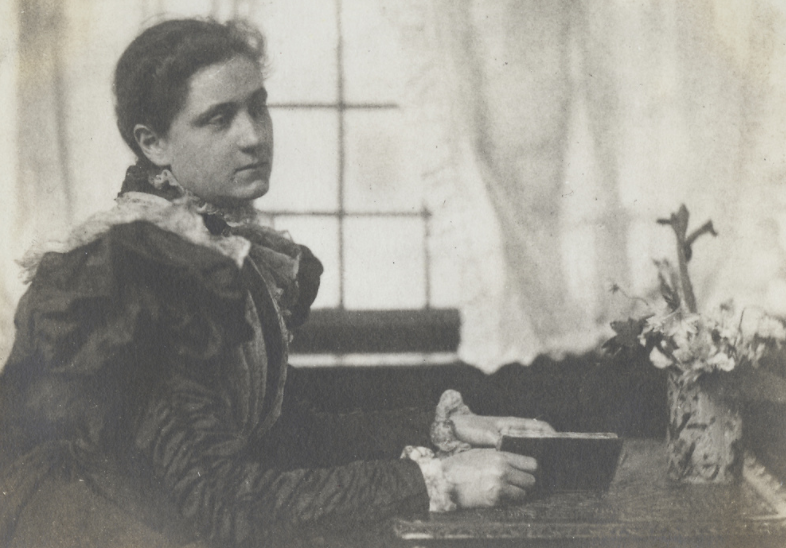Who was Rachelle Slobodinsky Yarros?
/The last several months has seen an influx of legislation and actions across the United States designed to inhibit access to abortions and reproductive health care. Some states have bills that challenge Roe v. Wade, the 1973 landmark ruling that the Supreme Court is poised to reexamine. Placing restrictions on reproductive health care in the United States has a long history, and the Hull-House settlement contributed significantly to efforts to make that care more available to people most in need.
Hull-House Resident Dr. Rachelle Slobodinsky Yarros (May 18, 1869 – March 17, 1946) was an early pioneer in what would become the field of reproductive justice. Yarros immigrated at the age of 18 to the United States out of fear of the Russian government, because of her ties to revolutionary groups. In the US, she worked in a sweatshop before becoming the first woman to enroll in the College of Physicians and Surgeons in Boston. She went on to complete her MD at Philadelphia’s Women’s Medical College in 1893. Yarros met future fellow Hull-House Resident Alice Hamilton while they were both interning at New England Hospital for Women and Children. She and Hamilton would go on to be revolutionaries in the field of public health, working both in their own respective areas of expertise as well as combining efforts for wider access to basic health care for women and children.
After marrying her husband Victor, Yarros relocated to Chicago in 1895, and began her career as a physician and professor of obstetrics, gynecology, and social hygiene at the College of Physicians and Surgeons of Chicago (later the medical school of the University of Illinois). Yarros resided at Hull-House from 1907-1927. She observed that many immigrant and migrant women in the neighborhood around Hull-House suffered from health issues due to excessive childbearing. Infant and child mortality rates and health complications were very high. Over time, Yarros became a leader in the birth control movement, and she challenged the attitudes, policies, and practices that denied women access to birth control information and devices. She created programs for sex education for women, and venereal disease education and prevention in hopes of promoting social hygiene on a larger scale.
After establishing the Birth Control Committee of the Chicago Woman’s Club (later the Illinois Birth Control League and now Planned Parenthood of Illinois), Yarros joined other leaders in the movement in opening the first birth control clinic in Chicago, which was only the second clinic in the nation. She also sought to make birth control more accessible for working-class mothers – in 1927, another clinic opened out of the Mary Crane Nursery at Hull-House itself. Despite her progressiveness regarding birth control and sex education, Yarros did not provide abortions on the grounds of their illegality. However, she recognized the dangerous effects that criminalizing the procedure had on many women that she saw in her practice, as they often opted for much more dangerous options and resources. In a few cases, she opted to connect certain couples with colleagues who would perform the procedure, but overall did not engage with abortion access.
Much of the work Yarros did over the course of her life was instrumental in the development of what later became the reproductive justice movement. She believed that the role of a doctor was a political one, and a social responsibility. In her unpublished autobiography, quoted in her obituary in the Journal of Social Hygiene in 1946, she wrote:
"The physician is also a citizen, a voter, a member of civic organizations.... The enlightened, socially minded doctor will sympathize with labor, with victims of exploitation and industrial autocracy, with the juvenile and adult delinquents who are the products of slums and blighted, ugly, depressing districts. [She] will work and fight for ripe and genuine reforms."
Author’s Note: this article was written based on extensive research conducted by former Hull-House Educator Audrey Catalano.


